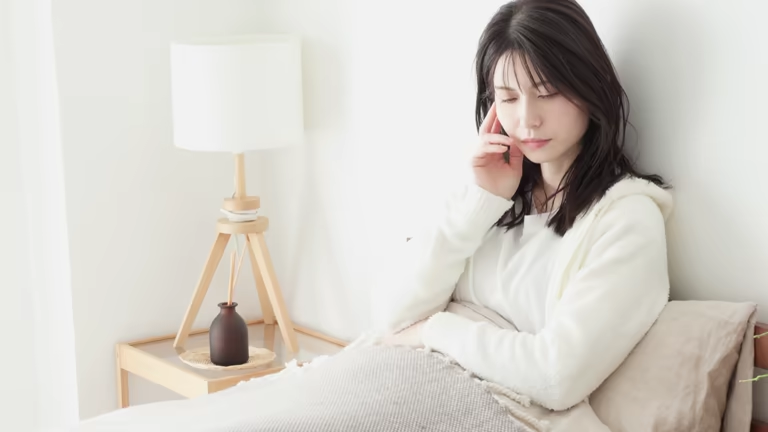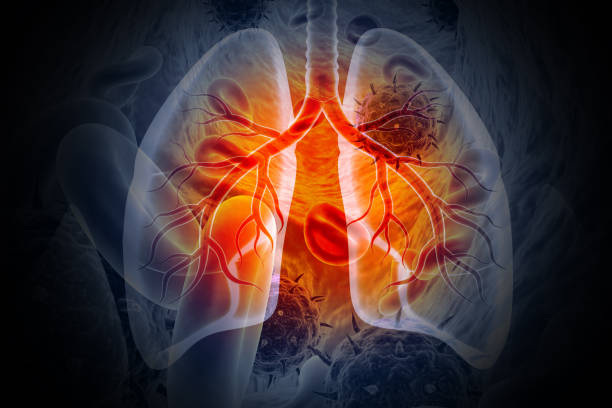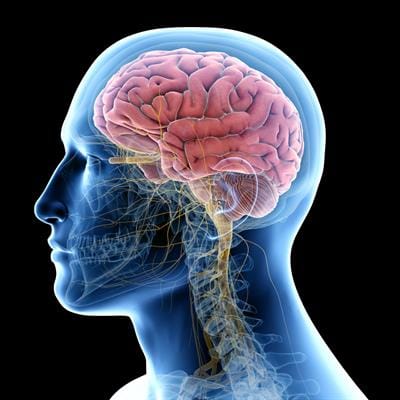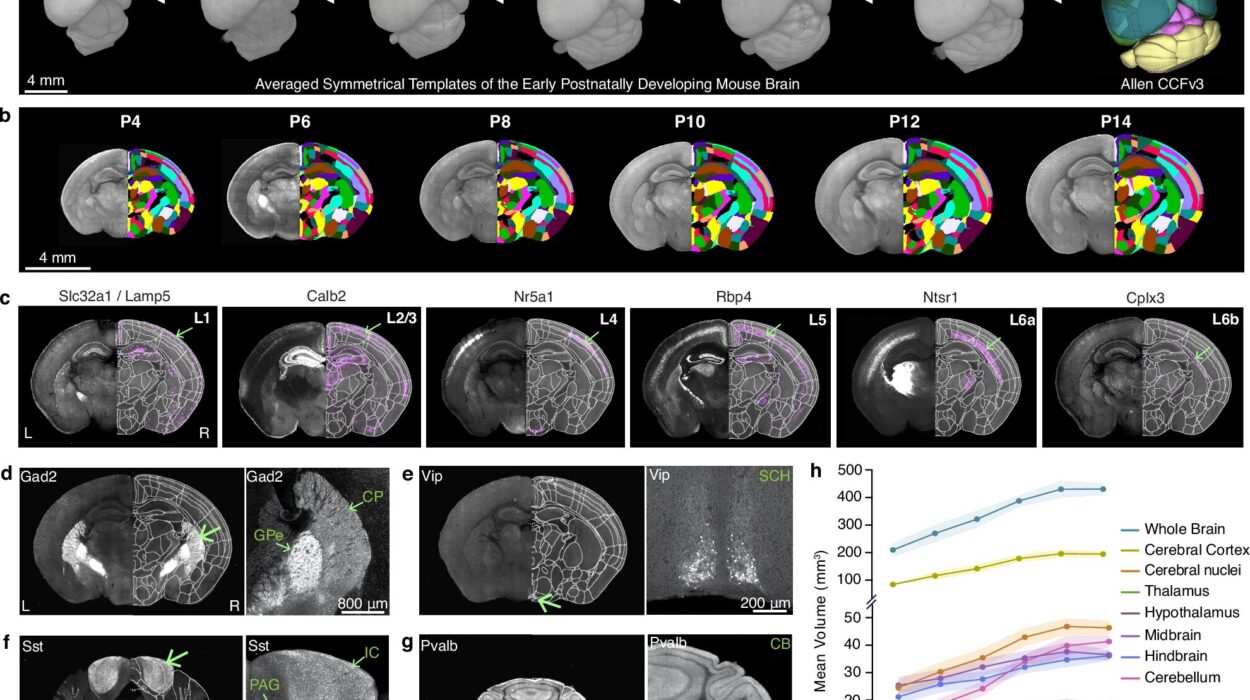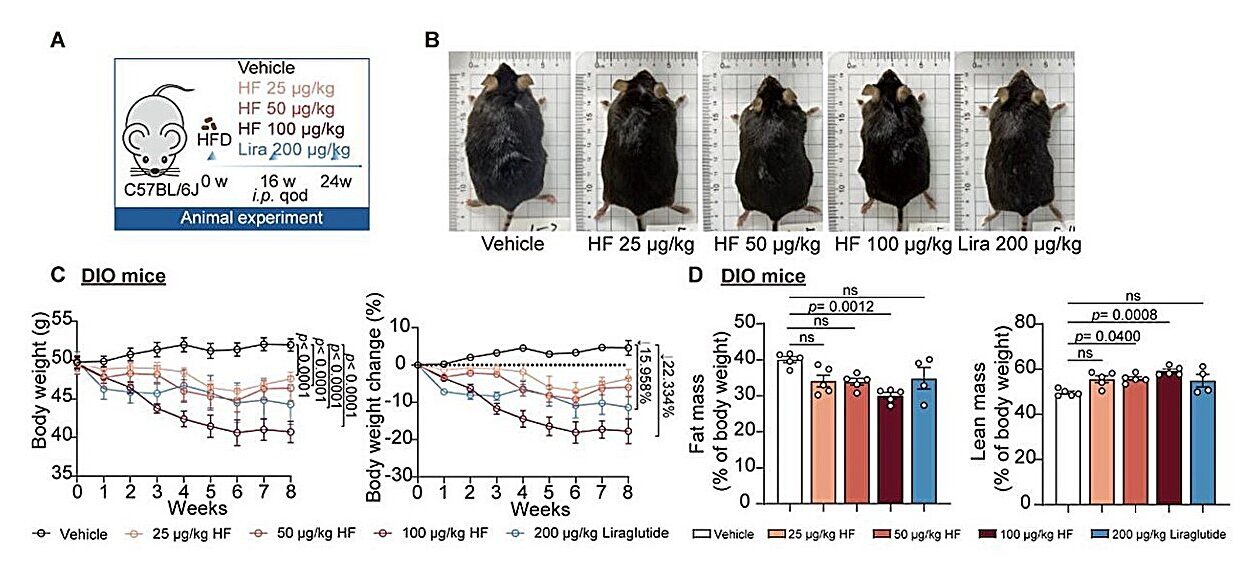Health is one of the few things in life that we often take for granted—until it’s gone. People chase wealth, fame, success, and thrills, but when sickness strikes, none of that matters anymore. Health becomes the most precious currency in your pocket, the secret ingredient behind every good day, every burst of energy, and every dream realized.
The truth is, health isn’t just about not being sick. It’s about waking up with vitality, carrying yourself with strength, having a clear mind, a joyful heart, and a body that supports everything you want to do. In an increasingly chaotic and fast-paced world, maintaining lasting health can feel like chasing a moving target.
But what if you didn’t have to chase it? What if you could build a lifestyle that kept you healthy not just today or tomorrow—but always?
In this article, we’ll explore the full spectrum of human wellness. We’ll go beyond generic advice and dive into the art of building a life that supports radiant, resilient, and long-lasting health.
What Does It Mean to Be Truly Healthy?
Before we jump into strategies, we need to understand what “health” actually means. Many people equate health with the absence of disease, but that’s only a fragment of the whole picture.
True health includes physical, mental, emotional, and even social and spiritual well-being. It’s a balance—a symphony—where every part of you plays in harmony with the others.
You may be physically strong, but if you’re mentally stressed, you’re not healthy. You may eat the perfect diet, but if you’re isolated and unhappy, your body will still suffer.
This means health isn’t something you achieve once and then forget about. It’s a daily practice, a moving balance that adapts with age, seasons, stress, and life changes. The goal is to cultivate habits that allow you to thrive, not just survive.
So let’s explore how to build that kind of health—one that lasts a lifetime.
Nourishing the Body – Food as Medicine
Your body is a living miracle, and food is its fuel. Every cell in your body—your muscles, skin, bones, brain—comes from what you eat. If you want to always stay healthy, your diet must be your first frontier.
Eating well doesn’t mean obsessing over calories or following trendy diets. It means understanding how to nourish your body intelligently and intuitively.
Start with whole foods—fruits, vegetables, whole grains, nuts, seeds, and lean proteins. These foods contain the vitamins, minerals, antioxidants, and fiber your body needs to repair, protect, and renew itself.
Avoid processed foods whenever possible. If it comes in a shiny package and has a list of unpronounceable ingredients, it’s probably not helping you. Sugar, trans fats, artificial additives, and ultra-processed foods wreak havoc on your hormones, your digestion, your immunity, and your long-term health.
Hydration is equally essential. Water keeps your organs working, helps flush toxins, lubricates joints, supports brain function, and even impacts your mood. Begin your day with water, drink regularly throughout the day, and choose water over sugary drinks as often as possible.
And don’t forget the power of mindful eating. Slow down. Savor each bite. Listen to your body. The act of eating is not just physical—it’s emotional, cultural, and psychological. Eating with presence can change everything.
The Sacred Art of Movement
Humans were not meant to sit all day.
Your body thrives on movement. Every stretch, every step, every breath of exercise sends a message to your body: “Stay strong. Stay ready. Stay alive.”
Yet in the modern world, we often spend hours in front of screens, hunched over devices, driving instead of walking. This sedentary lifestyle is a silent killer.
Movement doesn’t have to mean hours at the gym or punishing workouts. It means incorporating activity into your daily life in a way that feels joyful and sustainable.
Walking is one of the most underrated forms of exercise. It improves circulation, digestion, mood, and heart health. Dance lifts the spirit and strengthens the body. Strength training maintains muscle and bone density, especially as we age. Yoga and stretching restore balance, flexibility, and calm.
The goal is not just fitness—it’s function. Keep your body capable of doing the things you love. Play with your children, hike a hill, carry groceries without pain. A strong body is a foundation for a full life.
Sleep – The Forgotten Pillar
You could eat the best food, exercise daily, meditate and take all your vitamins—but if you’re not sleeping well, your health will eventually collapse.
Sleep is not optional. It’s the time your body repairs itself, consolidates memory, regulates hormones, and detoxifies the brain. Poor sleep has been linked to everything from obesity and diabetes to heart disease, anxiety, and even early death.
To sleep well, respect your circadian rhythm. Go to bed and wake up at the same time each day. Avoid screens and bright lights before bed. Make your room a sanctuary—cool, dark, and quiet. Avoid caffeine late in the day, and develop a calming bedtime ritual.
Sleep is not a luxury. It’s a cornerstone of lifelong health. Treat it as sacred.
Emotional Health – The Hidden Engine
Have you ever felt so anxious or heartbroken that you physically felt sick?
That’s because emotions are not just “in your head”—they affect your entire body. Chronic stress, grief, fear, and resentment can weaken your immune system, increase inflammation, disrupt digestion, and sabotage sleep.
Keeping yourself healthy means learning to process and manage your emotions.
Start with self-awareness. Notice your feelings without judgment. Journaling, therapy, and even talking to a trusted friend can help.
Learn to manage stress proactively. Meditation, prayer, breathing exercises, and time in nature can calm your nervous system and bring clarity. Laugh often. Cry when needed. Rest your mind as you would rest your body.
Forgiveness is a powerful form of healing. Letting go of past wounds doesn’t mean forgetting—it means choosing peace over poison.
Mental health is not separate from physical health. They are two sides of the same coin.
Social Connections – The Heartbeat of Humanity
Humans are wired for connection. We are not designed to thrive in isolation.
Studies have shown that people with strong social bonds live longer, recover faster from illness, and have lower risks of depression and anxiety. Loneliness, on the other hand, is as harmful to your health as smoking a pack of cigarettes a day.
To stay healthy for life, nurture your relationships. Spend time with people who uplift you. Avoid toxic or draining dynamics when possible. Make time for family dinners, long walks with friends, shared laughter, and meaningful conversations.
Touch is important too. Hugs, handshakes, sitting close to a loved one—all of these have physiological effects, releasing oxytocin and lowering stress hormones.
Community matters. Whether it’s your neighborhood, your spiritual group, your team, or your online tribe—belonging keeps you alive.
The Role of Purpose and Meaning
You could have perfect physical health, but if you wake up each day feeling empty, life can lose its flavor. A sense of purpose is essential for lasting health.
Purpose doesn’t have to be grand. It could be raising your children, serving your community, tending your garden, mastering a skill, or helping others. It’s something that gives you a reason to get out of bed with enthusiasm.
People with a strong sense of purpose live longer. They handle stress better. Their immune systems function more efficiently.
Find what lights you up. What would you do even if no one paid you? What makes you lose track of time? What breaks your heart—and what can you do about it?
Health isn’t just about the body. It’s about the soul.
Prevention Over Cure
The best medicine is the one you never need. And that means embracing prevention as a way of life.
Regular check-ups, screenings, and blood tests help you catch issues before they become emergencies. But prevention also means listening to your body’s whispers before they become screams.
Don’t wait until you’re sick to take care of yourself. That’s like waiting for your car to break down before changing the oil.
Build a lifestyle that prevents disease by design. Eat well. Move daily. Sleep deeply. Manage stress. Connect with others. Live with purpose.
The cumulative effect of these choices builds a fortress around your well-being.
Adaptability – The Skill of Staying Well
No life is free from hardship. There will be illness, grief, accidents, aging, and change. But health isn’t just about avoiding suffering—it’s about responding to it with resilience.
Resilience is your ability to bounce back, to grow through pain, to adapt without losing your sense of self.
You build resilience by practicing gratitude, cultivating flexibility, learning from failure, and staying connected to what matters most.
The healthiest people are not the ones who never fall—they are the ones who know how to rise again.
Building Daily Rituals
If you want to stay healthy always, don’t rely on willpower. Build systems and routines that make healthy living automatic.
Wake up with the sun. Drink water. Move your body. Eat nourishing meals. Rest. Breathe. Laugh. Connect. Reflect.
Make your health a lifestyle, not a project. Not something you do just to lose weight or prepare for a wedding—but something you live, every day, with joy.
When your habits align with your values, health becomes effortless. It becomes who you are.
Conclusion: Your Health Is Your Masterpiece
You were born with a body capable of miracles—a mind that can heal, a heart that can love, and a spirit that can soar.
To always keep yourself healthy is not just a duty—it’s a privilege. It’s the canvas on which you paint your life. It’s the soil in which your dreams grow.
So feed your body with love. Move it with purpose. Rest it with respect. Fill your days with meaning and your relationships with warmth. Learn, adapt, grow, forgive, and thrive.
Health isn’t a destination. It’s a way of traveling.
Let every day be a step toward your healthiest self—mind, body, and soul.
